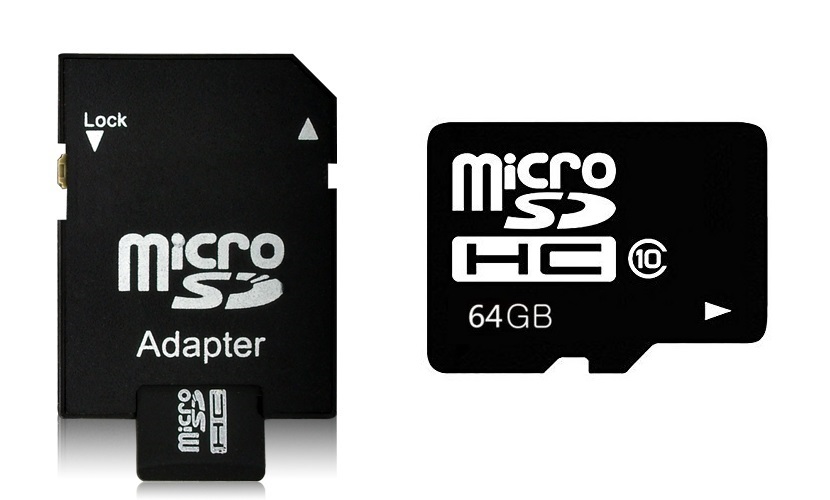2017-05-08 - a tale of a no-name SD card
i recently had an unusual need – an SD card, with high capacity, where speed does not really matter. i wanted to put some music on it once and then use it for USB-based players, so as long as it gives 0.5MB/s, it's just fine1). ;) since for this usage, the main criteria was a low price, i've bought 3 cards of this “type”:
no name, no manufacturer, not addresses… nothing. no useful/traceable information on the box either. oh well…
first unpleasant surprise - micro-SD to SD adapters do not work. ok – screw it. i have plenty of them in the closet. second surprise was more disturbing – after 4h of putting data on the card… most of it is gone, some files are broken… ext4 did not worked at all. after a lot of trials-and-errors + giving a shot to remaining 2 cards, i started to dig in. each card did NOT report any errors during writes. reads however seemed to return invalid results, but not often. some files had MD5 sums just right, some did not… maybe there is a pattern?
i went down to block level and started badblock command, to scan the whole surface of 2, randomly picked cards, during the night. in the morning i was quite shocked to see badblocks reporting ~0.5GB (lit.: half-a-gigabyte!) file with a list of bad blocks! i've quickly written script to generate heat-map of bad blocks, from a generated report. this is what i saw, on both cards:
cards were 64GB, so to keep it readable, each pixel represents 1MB worth of sectors. the heat-maps' key is:
- green – all sectors in a given range are valid
- red – some sectors in a given range are invalid
- black – all sectors in a given range are invalid
- white – out of device space (i.e. image padding, to keep it square)
it turns out that first ~310MB of space is ok. rest is just not usable – and it is silently unusable! on both cards, pretty much the same pattern. it suggest it was a deliberate action, taken by a producer, to con customer, by selling “big” SD cards, that cannot really hold what they promise to.
now imagine you bought such a card, put it into a camera and go on vacation. it would be quite a surprise to see majority of your pictures just gone and others (possibly) corrupted!
how can such events be prevented? good question. i was thinking – maybe there should be a food-like regulation, where each product is obligated by law to have a well-defined producer and/or distributor, that is responsible for quality assurance?
one more note at the end – aside from the fact that ppl are being cheated dummy SD cards, environment get hit too. this must be produced at a mass scale. some did invest in a dedicated software for such a device, to trick user into thinking card do have some reasonable capacity! then all of this must be packed, labeled, distributed… just to end up in a thrash can, since it is completely useless.
when it comes to me, this was the last time i bought no-name electronics/semiconductors. instead of saving some change, i lost a day worth of work to figure out what is going on and re-test all the cards and re-select all the music i wanted to record there (5MB/s was the I/O speed, btw). lesson learned.



